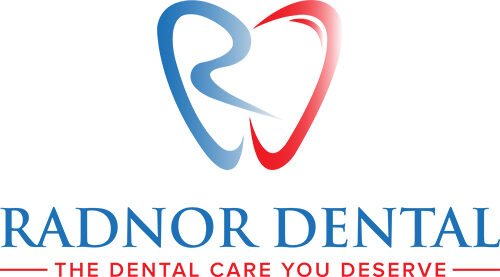BROKEN OR CRACKED TOOTH
Do You Have a Cracked Tooth?
A tooth that is cracked can be painful. It also can lead to disease of the tooth.
How do you know if you have a cracked tooth? Look for these signs:
- pain when you bite down
- pain when you stop biting down
- pain that comes and goes
- teeth that are sensitive or painful when eating or drinking
- constant feeling that something is stuck between your teeth
How Can You Tell if Your Tooth Is Cracked?
It can be hard for you to tell if a tooth is cracked. If you have pain, you may not be able to tell which tooth hurts or even whether the pain comes from the top or bottom of your mouth. Cracks may be invisible to the eye and may not even show on an x-ray. And sometimes you won't have any pain or sensitivity at all; your dentist will discover it during your exam.
If you are having symptoms, you can help your dentist find the cracked tooth by sharing some information:
- things that cause you tooth pain (such as heat, cold or foods that are sweet, sour or sticky)
- the area where you feel pain
Why Does Your Tooth Crack?
A tooth may crack for many reasons, such as:
- chewing on hard foods or objects such as pencils, ice, nuts or hard candy
- an accident that includes being hit near or on the mouth
- grinding or clenching your teeth
- uneven chewing pressure, which can happen if a nearby tooth is lost/missing
- wear and tear causing loss of tooth structure, like the hard, outer layer called enamel (ee-NAM-uhl)
- large fillings or other restorations causing loss of tooth structure
- exposure of tooth enamel to extreme hot and cold temperatures
Why Does Your Cracked Tooth Hurt?
Pulp is the soft tissue inside the center of your tooth and contains nerves and blood vessels. If the crack reaches the pulp, your tooth may be sensitive to hot and cold. Sometimes, a crack in the enamel of your tooth goes all the way down to the nerve pulp. This type of cracked tooth may hurt when you bite down or when you stop biting. The crack may be too small to see but is large enough for the pulp inside your tooth to become irritated.
When your tooth is cracked, the pulp sometimes becomes infected. If this happens, treatment to remove the pulp, also known as a root canal, may be needed to save your tooth.
How Is Your Cracked Tooth Treated?
Treatment depends on the size, location and direction of the crack, as well as your symptoms. It is possible that your dentist will recommend no treatment at all, since tiny cracks are common and usually do not cause problems. You and your dentist can talk about the types of treatments for your tooth and decide on the treatment that is right for you.
Types of treatment include the following:
- no treatment right away
- repairing your tooth with a filling material
- placing a crown on your tooth to protect it from even more damage
- root canal if the nerves of the tooth are infected
- removing your tooth if it is severely cracked and cannot be repaired
Regular dental checkups are important, because they let your dentist find and treat problems at an early stage. A cracked tooth can become a bigger problem if left untreated. If you think you may have a cracked tooth, visit your dentist.


